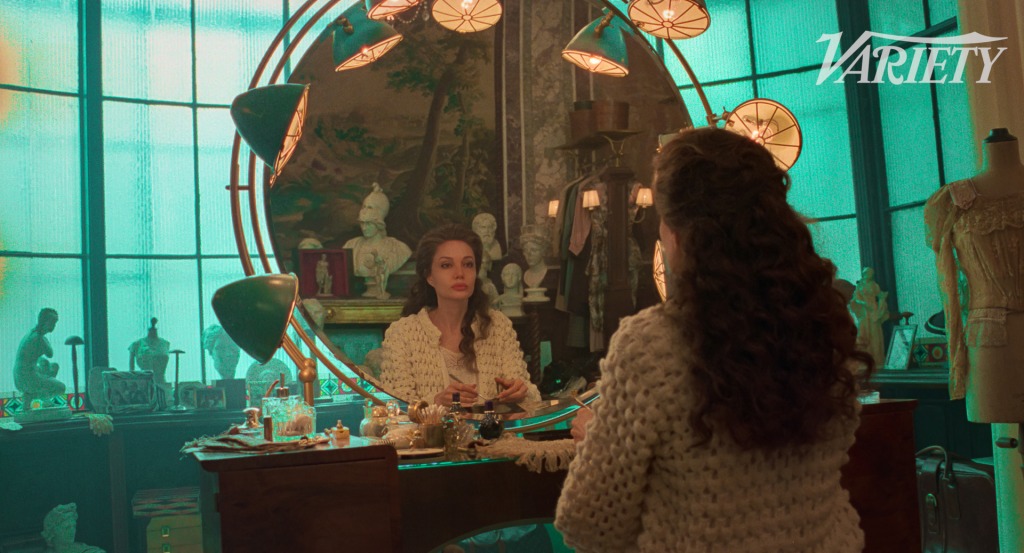Maria (2024)

In 2024, the highly anticipated biographical drama Maria was released, focusing on the life of the renowned opera singer Maria Callas. Directed by Pablo Larraín and written by Steven Knight, the film takes a deep dive into the complexities of Callas’s personal and professional life. Known for her extraordinary vocal talent and tumultuous relationships, Callas’s story is one that captivates audiences with its mix of triumph and tragedy.
The film explores Callas’s rise to fame, capturing her transformation from a young, ambitious singer into one of the greatest opera legends of all time. The narrative delves into her struggles to maintain her artistic integrity in an industry that often valued beauty and commercial success over talent. Throughout the film, viewers witness Callas’s devotion to her craft, but also the emotional toll her career and personal sacrifices took on her.
At the heart of the movie is Callas’s complicated relationships, most notably with the wealthy Greek shipping magnate Aristotle Onassis. Their passionate yet troubled romance is portrayed in the film as a significant force in shaping her life and career. Onassis’s betrayal and their eventual separation are pivotal moments in the movie, highlighting Callas’s vulnerability and emotional turmoil as she tried to balance her professional and personal worlds.

Maria also brings attention to Callas’s struggles with body image and public perception. As she aged, Callas faced harsh criticism from the press, who often focused on her appearance rather than her voice. This film touches on the pressures Callas faced, showing how society’s obsession with youth and beauty affected her self-esteem and career, despite her being a groundbreaking artist.

One of the key elements of the film is the powerful performances of the cast, with the lead actress embodying Callas’s emotional depth and dramatic presence. The cinematography and music also play a vital role in immersing the audience in the world of opera and the intense emotional landscape of the protagonist’s life. The director, Pablo Larraín, uses visual storytelling to convey the grandeur of opera, while also highlighting the quieter, more intimate moments of Maria’s life.

In conclusion, Maria is a poignant and visually stunning portrayal of Maria Callas’s life. The film not only honors her legacy as one of the greatest opera singers of all time but also humanizes her, showing the struggles and vulnerabilities that made her such a complex and fascinating figure. Through its gripping narrative and exceptional performances, Maria brings to life the story of a woman who, despite her immense talent, was constantly battling with the expectations placed upon her by the world.











